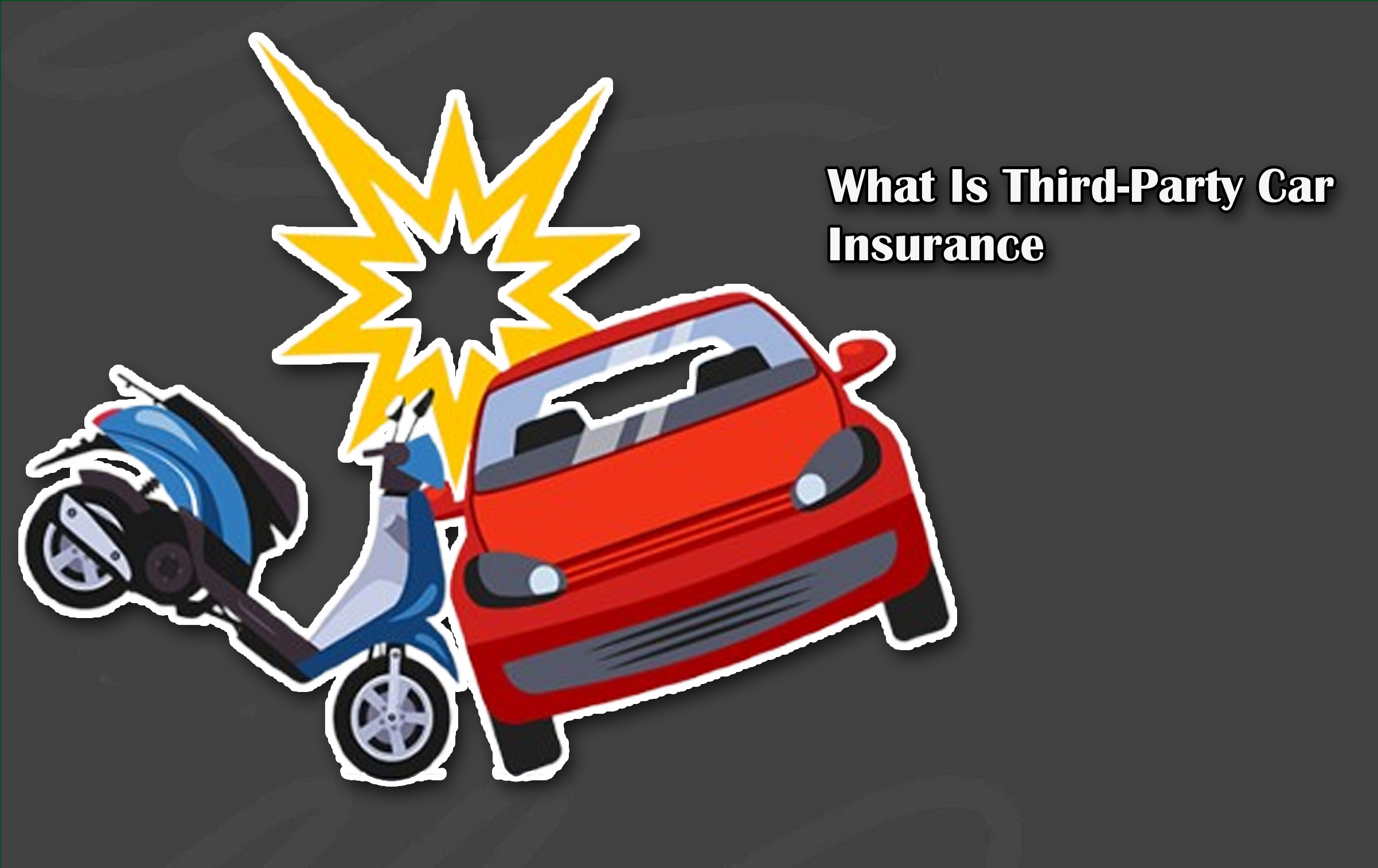
Third-party car insurance is a type of coverage that protects you against claims made by others in the event of an accident.

Unlike comprehensive or collision insurance, third-party insurance focuses on damage or injuries caused to other people or their property.
It’s a basic requirement in many countries, ensuring that drivers are financially responsible for any harm they may cause while on the road.
While third-party car insurance may not cover damages to your own vehicle, it offers essential protection for liability, including bodily injury and property damage caused to others.
This type of coverage is often seen as the minimum legal requirement for drivers, helping to ensure that victims of accidents are compensated for their losses.
Understanding how third-party insurance works can help you make informed decisions about the coverage you need. And in this blog post we will be exploring all you need to know about this insurance.
Features Of Third-Party Car Insurance
There are several important features you should understand when it comes to third-party car insurance:
First, third-party car insurance is mandatory. If you fail to obtain it, you could face legal repercussions, such as penalties, fines, and, in severe cases, imprisonment.
For new car owners, it is compulsory to secure third-party coverage for at least three consecutive years. On the other hand, if you own an older vehicle, you are required to renew third-party insurance annually. The specific requirements may vary based on your car’s engine size.
One notable aspect of third-party insurance is that the premiums are consistent across different insurance providers. However, the Insurance Regulatory and Development Authority of India (IRDAI) reviews these premiums annually, making adjustments as necessary.
Understanding these features ensures you stay compliant with the law and maintain the appropriate level of coverage for your vehicle.
What It Covers
Third-party car insurance provides financial protection in cases where you are responsible for damages to others. This includes coverage for:
- Bodily injuries sustained by a third party.
- Death of a third party.
- Property damage caused to a third party.
In the event of such incidents, this insurance will cover the associated costs and compensation. However, it’s important to note that this policy does not cover damages to your own vehicle. If your car is damaged, you will need to cover the repair costs through another insurance policy.
Limits Of This Insurance
While third-party car insurance offers unlimited coverage for bodily injury and death, there is a limit when it comes to property damage. The coverage provided for property damage is subject to a maximum payout amount. If the damage exceeds this limit, you will be required to cover the excess costs.
What Is Not Covered By Third-Party Car Insurance?
Third-party insurance has certain exclusions, including:
- Incidents that happen outside of India.
- Driving without a valid license.
- Criminal activities.
- Driving under the influence of alcohol or drugs.
These situations are not covered, and engaging in such acts can also lead to legal consequences.
Third-Party Car Insurance Premiums
Premiums for third-party insurance are set by the IRDAI and depend on several factors, such as:
- Type of car.
- Modifications made to the vehicle.
- Engine size (cubic capacity).
- Terms of the policy.
- Available discounts.
These factors help determine the final premium you will pay for your car insurance.
How To File A Third-Party Car Insurance Claim
To file a claim, follow these steps:
- Report the incident to your insurance company immediately and initiate the claim process.
- File a police report (FIR) detailing the incident. Be sure to obtain a copy of the FIR, as it will be required when filing the claim with your insurer.
- The claim will be submitted to the Motor Accidents Claims Tribunal (MACT), which will determine the amount of compensation to be paid to the third party.
- Once the MACT issues its judgment, notify your insurance provider and proceed with the claim filing.
- Your insurance company will handle the compensation process, paying the third party for the damages caused.
Required Documents For Filing A Third-Party Car Insurance Claim
When filing a claim, you’ll need to provide the following documents:
- Copy of the police FIR.
- Proof of identity.
- Police report.
- Signed claim form.
- Copy of your third-party insurance policy.
- A copy of your driver’s license.
Ensure that all documents are in order to avoid any delays in processing your claim.
Benefits Of Third-Party Car Insurance
Third-party car insurance offers several key benefits. They include:
- It helps you comply with the Motor Vehicle Act, avoiding legal penalties and fines.
- The premiums are generally affordable and consistent across insurance providers.
- It prevents the suspension of your driver’s license.
- It shields you from prolonged legal battles by providing legal protection.
- It ensures financial security by covering any third-party claims with the insurance.
Having third-party car insurance not only fulfills legal requirements but also provides peace of mind, knowing you are financially protected in case of accidents involving others.